Does Exfoliating Cause Bad Skin?
When you come home from a day out, and you're feeling like your skin needs a refresh —something to wash away the impurities and renew your skin— is the first thing you reach for your exfoliating face wash? It is certainly a popular choice for people of all ages because exfoliation is a popular practice in the world of skincare. Lately, however, there has been a push against exfoliating. We're here to report that it is a common misconception that exfoliation can cause bad skin. In this blog post, we explore the truth behind this claim and the benefits and risks of exfoliating.
What is Exfoliation?
Exfoliation is a way of removing dead skin cells from the skin's surface using a physical wash or chemical methods. Physical exfoliation involves using a scrub or tool, such as a brush or sponge, to physically remove the dead skin cells. Chemical exfoliation involves using acids to dissolve dead skin cells. Popular ones include alpha-hydroxy acids (AHAs) or beta-hydroxy acids (BHAs). Some people even combine both.
What Causes Bad Skin?
Before we delve into whether exfoliation can cause bad skin, let's first explore what causes bad skin. Several factors can contribute to unhealthy skin, including genetics, diet, lifestyle habits, environmental factors, and skincare products. Genetics plays a role in determining your skin type, which can affect your skin's sensitivity, hydration, and oil production. Your diet and lifestyle habits, such as smoking, alcohol consumption, and lack of sleep, can also affect the appearance and health of your skin. Environmental factors including pollution, unprotected sun exposure, and weather conditions can also cause skin damage. Finally, the products you use on your skin can have an impact on its health too, as some ingredients can be irritating, damaging, or cause an allergic reaction.
Benefits of Exfoliating
Exfoliating can have many benefits for your skin. Removing dead skin cells can help unclog pores, prevent acne, and reduce the appearance of fine lines and wrinkles. It can also promote cell turnover, leading to brighter, smoother, and more even-toned skin. Exfoliating can also improve the effectiveness of your other skincare products, like moisturizers and serums, allowing them to penetrate deeper into the skin.
Risks of Exfoliating
While exfoliating can be beneficial, there are also risks involved. Over-exfoliation can damage the skin barrier, leading to dryness, sensitivity, and inflammation. This can cause various issues, including redness, irritation, and acne. Exfoliants can also make your skin more susceptible to environmental damage and aging when used too often. Exfoliating too frequently or using harsh scrubs can also cause micro-tears in your skin, which can lead to infection and scarring over prolonged times.
Does Exfoliating Cause Bad Skin?
So, can exfoliating cause bad skin? The answer is yes and no. Exfoliating itself does not cause bad skin, but over-exfoliation and using harsh scrubs or chemicals can damage the skin's barrier and lead to a range of issues. Remember, everyone's skin is different; what works for one person may not work for another.
If you have never exfoliated before, give it a try and pay close attention to your skin's reaction. If the response is positive, as it is for most users who exfoliate only a couple times per week, then add it to your skincare regimen. If you notice signs of irritation, redness, or dryness, it's best to scale back on exfoliating or switch to a gentler method, such as a refreshing face wash.
How to Exfoliate Safely
If you want to incorporate exfoliation into your skincare routine, there are several safe and effective methods.
- Physical exfoliation -- This method uses a scrub or brush to physically remove dead skin cells. TIP: Choose a gentle scrubber that has round beads; this will offer a nice combination of gentle, exfoliating power. Do not apply much pressure when scrubbing; it is not needed when using this method.
- Chemical exfoliation -- This method involves using acids such as alpha-hydroxy acids (AHAs) or beta-hydroxy acids (BHAs) to dissolve dead skin cells. These exfoliants reduce the appearance of wrinkles and enhance the skin's texture.
Exfoliating can be a beneficial addition to almost any skincare routine. Exfoliating does not damage the skin as long as it is done gently and no more than a couple times per week (or less, depending on your unique skin).
Ready to start exfoliating the right way? Browse our curated exfoliants collection of cleansers, washes, and exfoliant scrubs of all kinds to help remove dead skin cells that naturally accumulate on the skin.

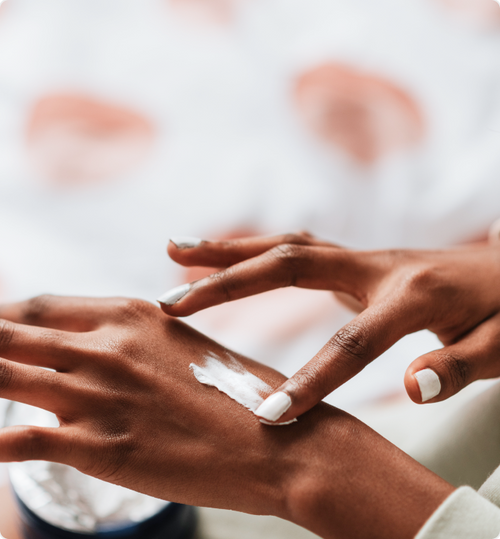
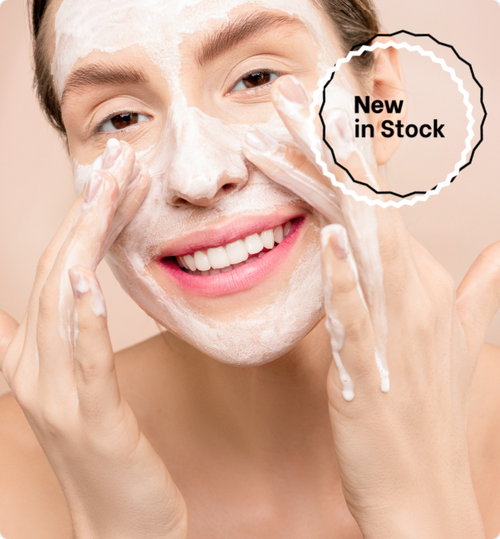
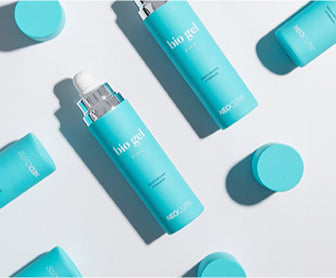
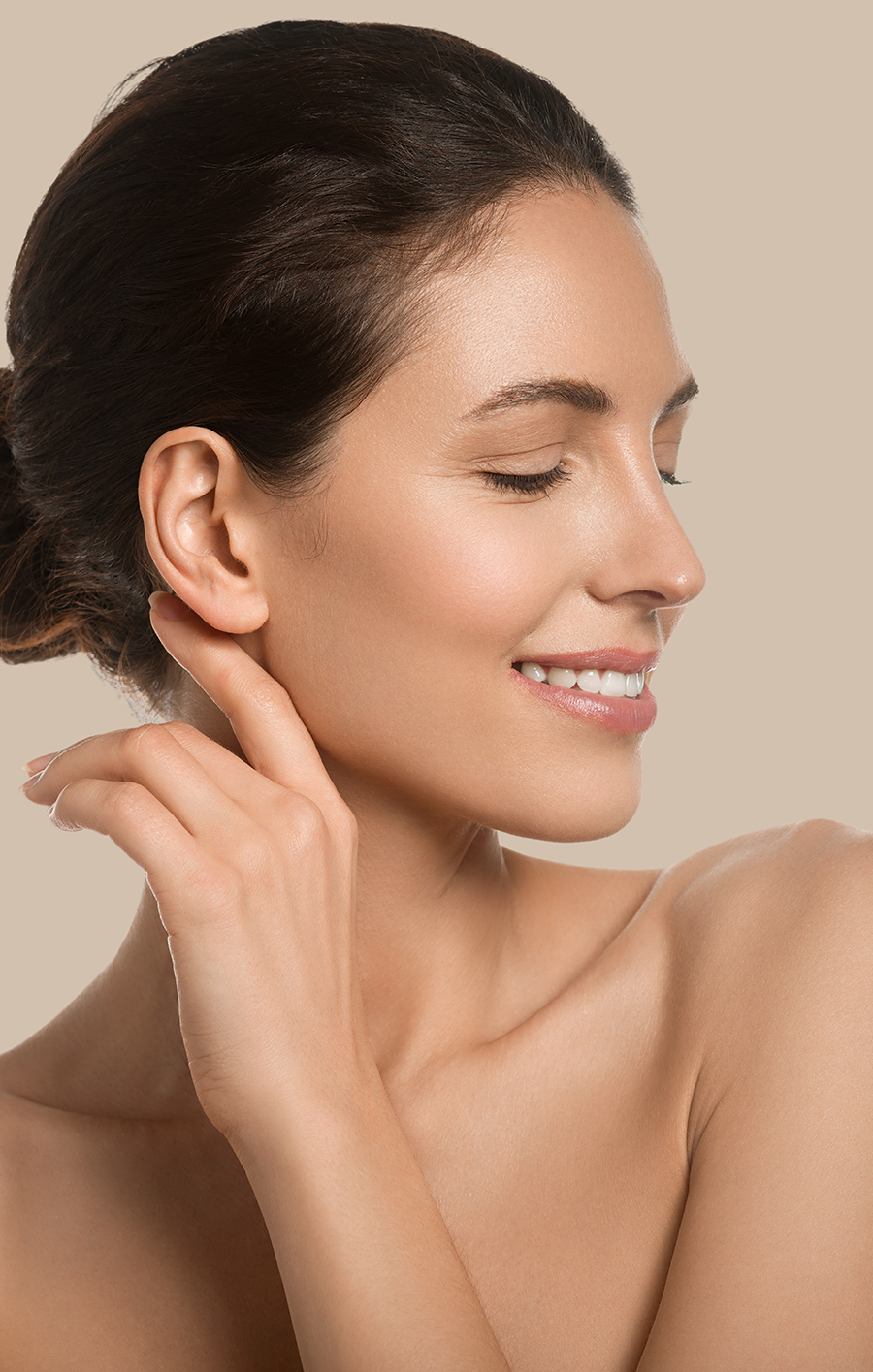

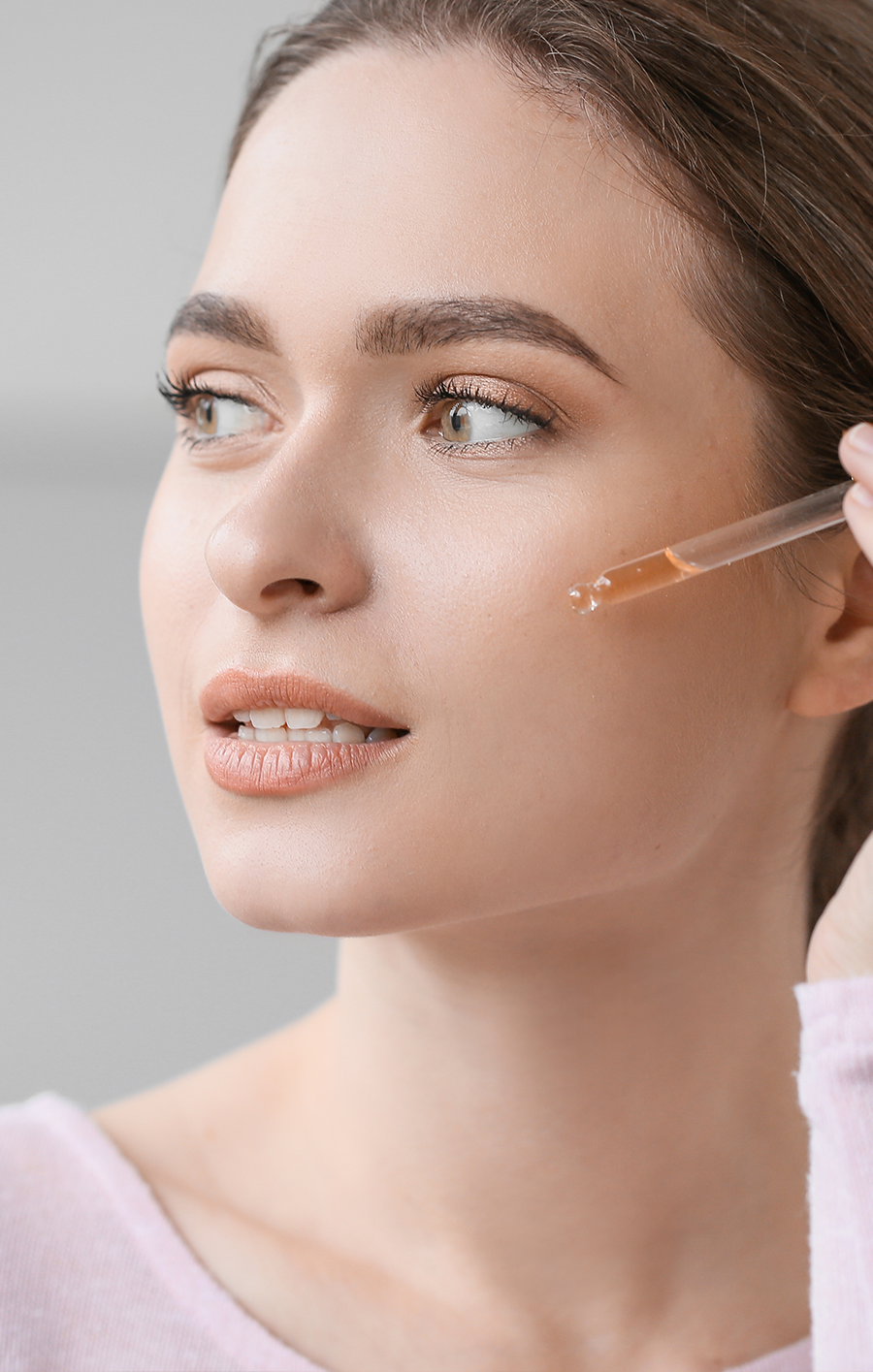
Leave a comment